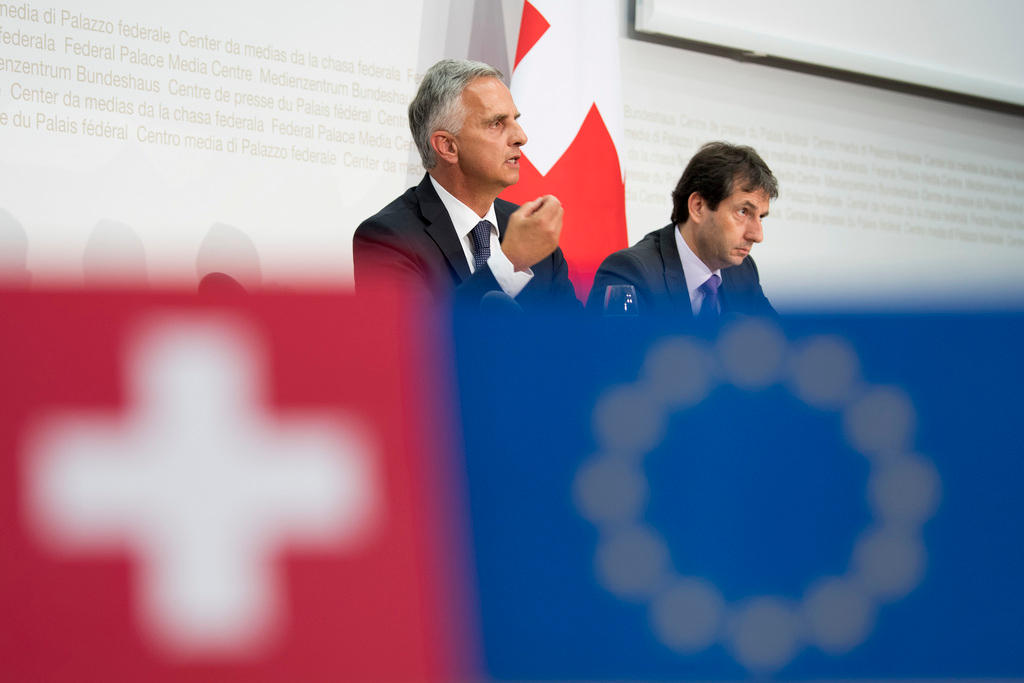Swiss to close East European aid offices

Switzerland is to close aid offices in five Eastern European countries – all new European Union members – because the future of Swiss “cohesion” payments for these nations is unclear.
The State Secretariat for Economic Affairs (Seco) and the Swiss Agency for Development and Cooperation (SDC) will shut offices in Bratislava, Budapest, Prague, Riga and Warsaw at the end of 2017, public broadcaster SRF has revealedExternal link [link in German].
In June, the Swiss government said that it wanted to reassess the situation with the EU – negotiations with the 28-member body over bilateral issues are currently stalled – in autumn. Only then would the cabinet decide whether to continue contributing voluntary “cohesion” payments destined for central and eastern European countries.
Since 2008, Switzerland has been participating in various projects designed to reduce the economic and social disparities in an enlarged EU, with just over CHF 1 billion ($1 billion) contributed so far. The Swiss contribution is an “integral part of Swiss foreign policy in Europe and aims to consolidate Switzerland’s relations with the EU and its member states”, the Swiss foreign ministry states on its websiteExternal link.
The offices’ closure, and the resulting redundancies for 13 local workers, was confirmed to SRF by Siroco Messerli, head of the new EU member states divisionExternal link at the Swiss foreign ministry. “We will dissolve these employment contracts by mutual agreement,” he said.
Care and energy
Swiss cohesion funds, which the country has paid voluntarily, have been usedExternal link for improving care of the elderly, investing in energy efficiency and renewable energies, and reducing infant mortality.
The projects in Slovakia, Hungary, the Czech Republic, Lithuania, Poland and five other new EU states were subject to a ten-year limit. It had been hoped that new projects would be continued in the countries, SRF reported. Messerli did not want to comment on the cabinet’s decision directly. But he said it was a fact that the Swiss contribution to the ten EU states “would not be seamlessly continued”.
Romania and Bulgaria will receive Swiss funds until 2019, and Croatia until 2024, because these countries joined the EU later and began receiving Swiss aid at a later point in time.

In compliance with the JTI standards
More: SWI swissinfo.ch certified by the Journalism Trust Initiative












You can find an overview of ongoing debates with our journalists here . Please join us!
If you want to start a conversation about a topic raised in this article or want to report factual errors, email us at english@swissinfo.ch.